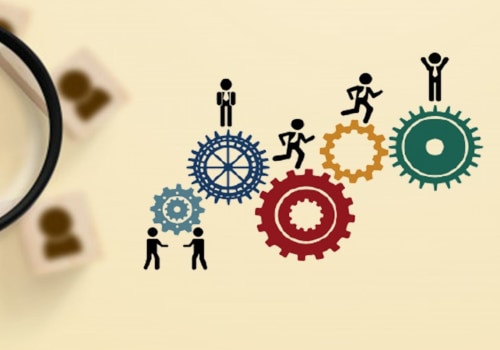Talent acquisition is an ongoing strategy to find specialists, leaders or future executives for your company. Talent acquisition tends to focus on long-term human resource planning and finding suitable candidates for positions that require a very specific skill set. The key difference is seeing the bigger picture. While recruitment primarily satisfies a current hiring need and a recruiter closes a vacancy, talent acquisition is more of an ongoing strategy.
In short, it has a more long-term impact and efforts that don't stop after welcoming a new employee. Talent acquisition specialists must look to the future and work to find qualified experts before a new vacancy opens. Their jobs involve knowing the company's objectives and allowing recruiters to avoid problems with difficult to fill positions. Hiring is the process of finding, selecting, hiring, and finally incorporating qualified candidates.
It is one of the most important human resources functions and the most important component of talent acquisition. Both talent acquisition and recruitment professionals aim to find and hire qualified employees. A recruiter's job starts with a vacancy and involves searching for, selecting and interviewing qualified candidates. However, a talent acquisition team takes a more proactive approach.
They improve the company's brand and network of employers to recruit potential candidates. They also create channels to reduce hiring time and increase hiring quality for vacant positions. Many companies also use external suppliers to manage certain human resources disciplines, such as staffing and hiring or payroll. With the acquisition of Cerner, Oracle intends to create an anonymous national patient database, a path full of Recruiters must adjust their approach and tone of voice to match the company's style, but also to be aligned with the preferences and manners of candidates.
When it comes to successful recruitment and talent acquisition strategies, there are quite a few similarities to focus on. It's not about denigrating recruitment; sometimes, the right thing to do, the only move, is to get hot bodies in the seats as quickly as possible. Higher productivity, smarter use of data and empowered hiring teams: that's the power of the partnership between Ceridian Dayforce and iCIMS Talent Cloud. Optimize your technology and take advantage of a better user experience and stronger data governance with ADP and iCIMS Talent Cloud.
Then, the job of the talent management team (comprised of HR generalists and training coordinators) is to develop employees. The combined power of iCIMS and Infor helps organizations strategically align their business and talent objectives. Talent acquisition also involves analyzing the components of the hiring process and recommending changes to better align them with the organization's business objectives. Talent acquisition skills are skills that help professionals find candidates for open positions.
While human resources functions are responsible for designing career paths and organizing training programs, a talent management strategy requires the participation of the entire company. A human resources department performs many functions, including workforce strategy planning, hiring, performance management, staff training and development, compensation and benefits, conflict resolution, and talent management. Your next big hire could come from outside sources, an existing talent network, or an internal candidate. .






